It's time to regulate the lawless lawsuit lending industry in New York | Opinion
Every year, untold numbers of New Yorkers fall victim, as I did, to the predatory practices of lawsuit lenders.
In early September 2011, I was thrown to the ground and handcuffed by NYPD officers during an altercation that took place despite the fact that I had broken no laws and clearly identified myself as an aide to a top city official.
The incident, which occurred after the annual West Indian Day Parade, left me with a fractured kneecap and a torn rotator cuff. Both required surgery to repair. Two officers and a captain were later disciplined, and the police chief offered me an apology, but it was not sufficient to assuage the suffering I experienced in what I firmly believed was a racially motivated assault.
In 2012, I filed a federal lawsuit against the city and the police department, in part to raise awareness that what happened to me is far too often the norm for Latino and African-American men. But I knew it could take years for the suit to play out, and I needed to cover my bills.
So, I turned to LawCash, a company that enables injured plaintiffs to borrow against an expected lawsuit settlement, and it provided me with a cash advance.
Two years later, I settled with the city, but only received a small fraction of the six-figure settlement. Why? I owed the bulk of the money to LawCash, which charges its clients interest rates as high as 124% — many times higher than the 25% threshold of criminal usury. Though I had willingly engaged with LawCash, I still felt taken advantage of, as the company had clearly capitalized on a difficult moment in my life.
I am not alone. The litigation finance industry — or lawsuit lending, as it’s more commonly known — is booming. The concept, also known as “non-recourse funding,” was introduced in the U.S. in the 1990s and has since morphed into a multibillion-dollar enterprise, reportedly growing a whopping 414% across the nation between 2013 and 2017 alone.
Without a financial safety net — unbanked, lower-income members of communities of color — injured and in desperate need of money to keep themselves and their families afloat, are prime targets. It is far past time for the state to rein in the Wild West of litigation funding and protect some of its most vulnerable residents, capping interest rates and requiring disclosure during the litigation process to expose potential conflicts of interest.
Lawsuit lending is growing unchecked because it is virtually unregulated. Only a handful of states have put guardrails around lawsuit lenders, and New York is not one of them.
Due to a loophole in the law, the money fronted by litigation finance companies like LawCash is considered an “investment,” not a loan, because plaintiffs do not need to pay back the money they receive unless they settle their cases or win them outright. A 2020 study found that the average profit on these loans is 60%, though some borrowers have reported paying more than 100% in annual interest.
Lawsuit lending companies are often backed by deep-pocketed hedge funds or venture capitalists. They are often founded, or even run by, litigation lawyers, which would seem to be a conflict of interest on its face but is not. These individuals are making money hand over fist on the backs of hurting, despairing, and desperate New Yorkers.
The siren song of significant profit has also spurred some of the most unethical lawsuit lenders to take things even further, fleecing vulnerable New Yorkers — some of them homeless and mentally ill — by getting them to file fraudulent lawsuits and then charging between 50% to 100% interest on so-called “loans” to cover litigation costs.
As the industry grows, lenders have taken advantage of a wide range of individuals, including 9/11 first responders, wrongfully convicted prisoners, former NFL players with cognitive impairments, survivors of police brutality — like myself — and victims of the Deepwater Horizon oil-rig disaster.
Supporters of lawsuit lending — usually the lenders themselves — argue that they are providing a much-needed service to plaintiffs, enabling them to pay medical bills and living expenses while they await the outcome of their lawsuits. But charging high double or even triple-digit interest rates to those in such dire straits is anything but beneficent. It is, in fact, highway robbery.
This problem can be fixed with legislation that would provide fair terms to consumers, cap the allowable amount of interest for lawsuit lending and offer protections such as disclosure requirements of lawsuit loans during the litigation process. My story should be a cautionary tale, and Albany must act this session to protect vulnerable New Yorkers from falling into the same financial trap.
The Rev. Kirsten John Foy is president and CEO of The Arc of Justice, a New York-based social, economicand environmental justice advocacy organization with chapters in 10 states. He is also the spokesman for Consumers for Fair Legal Funding, a new coalition advocating in Albany for regulation of the lawsuit lending industry.
